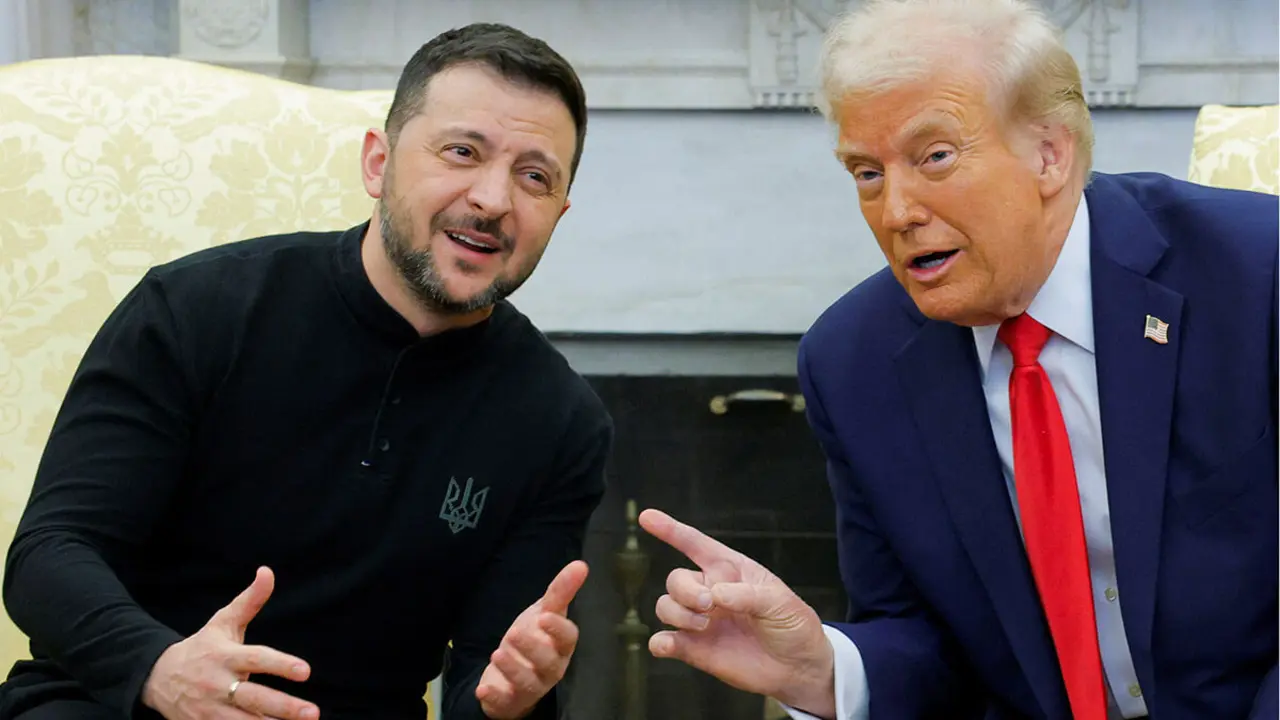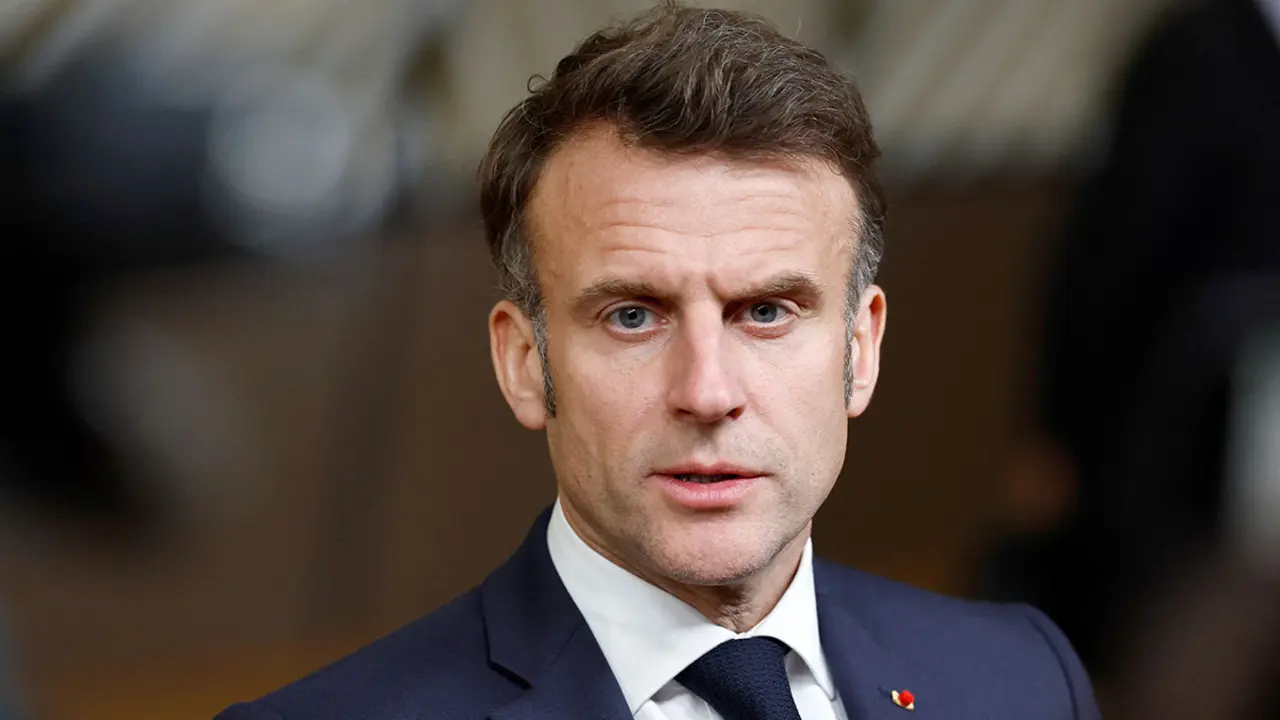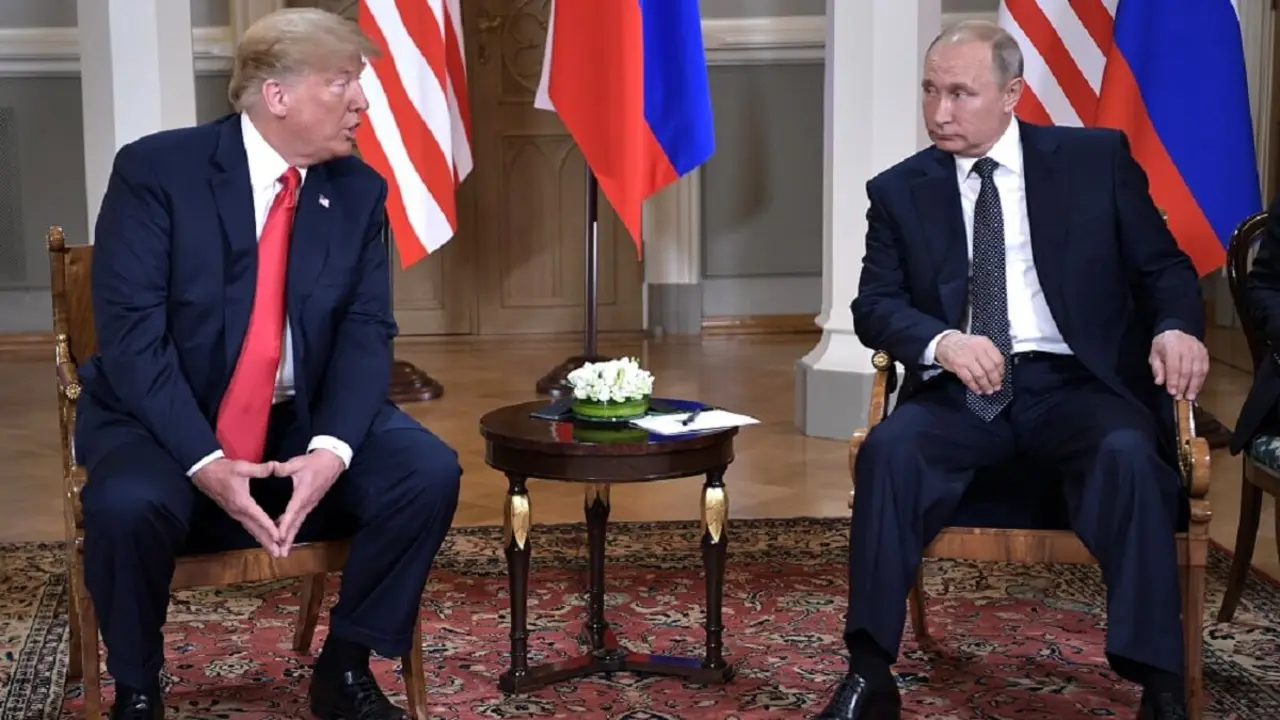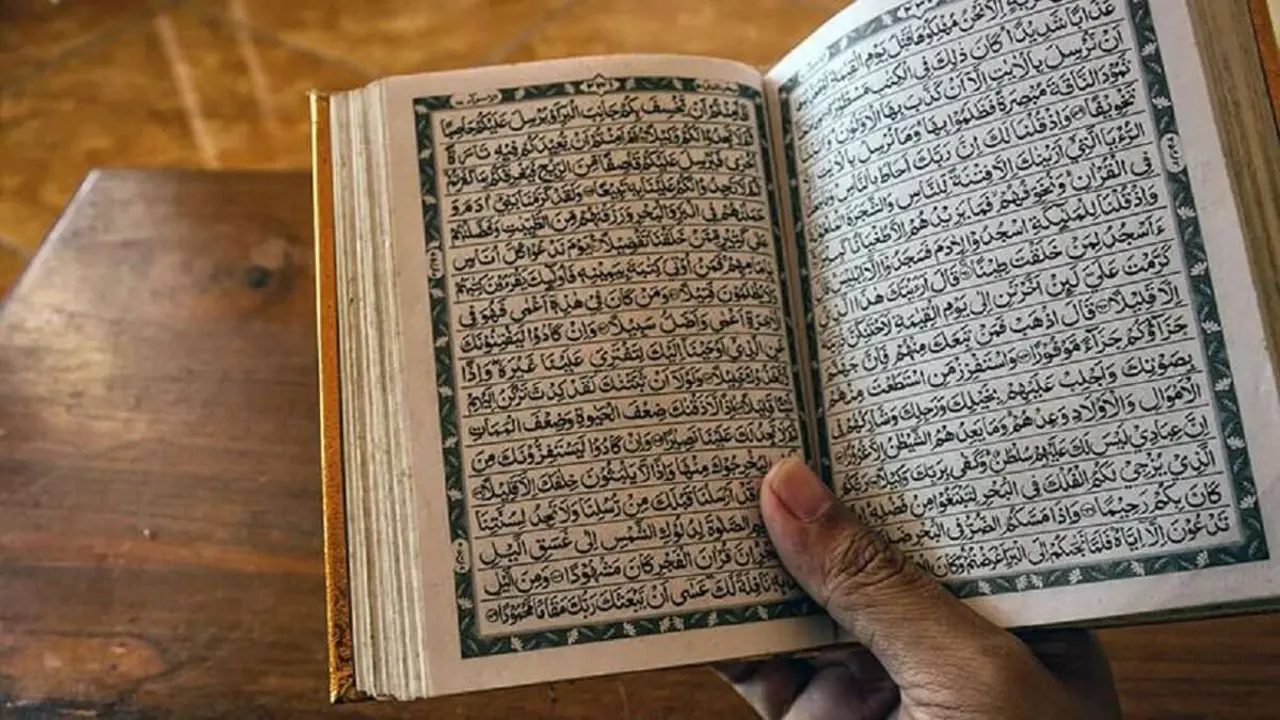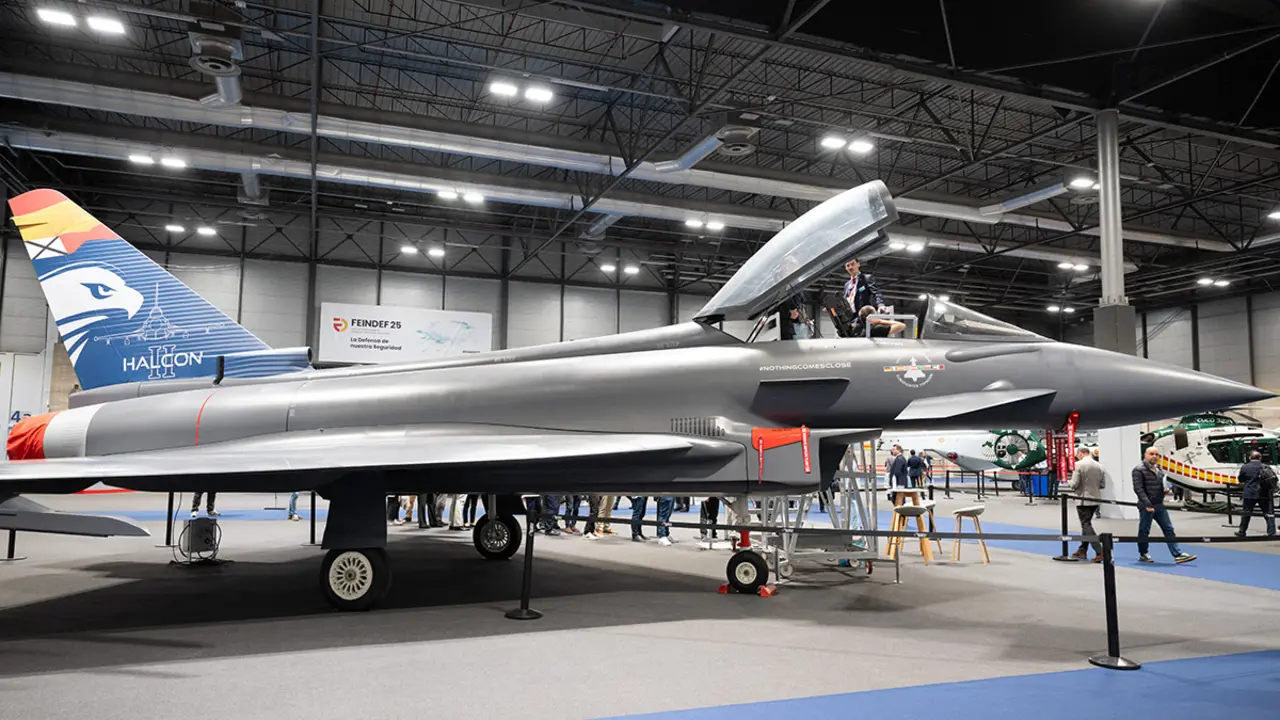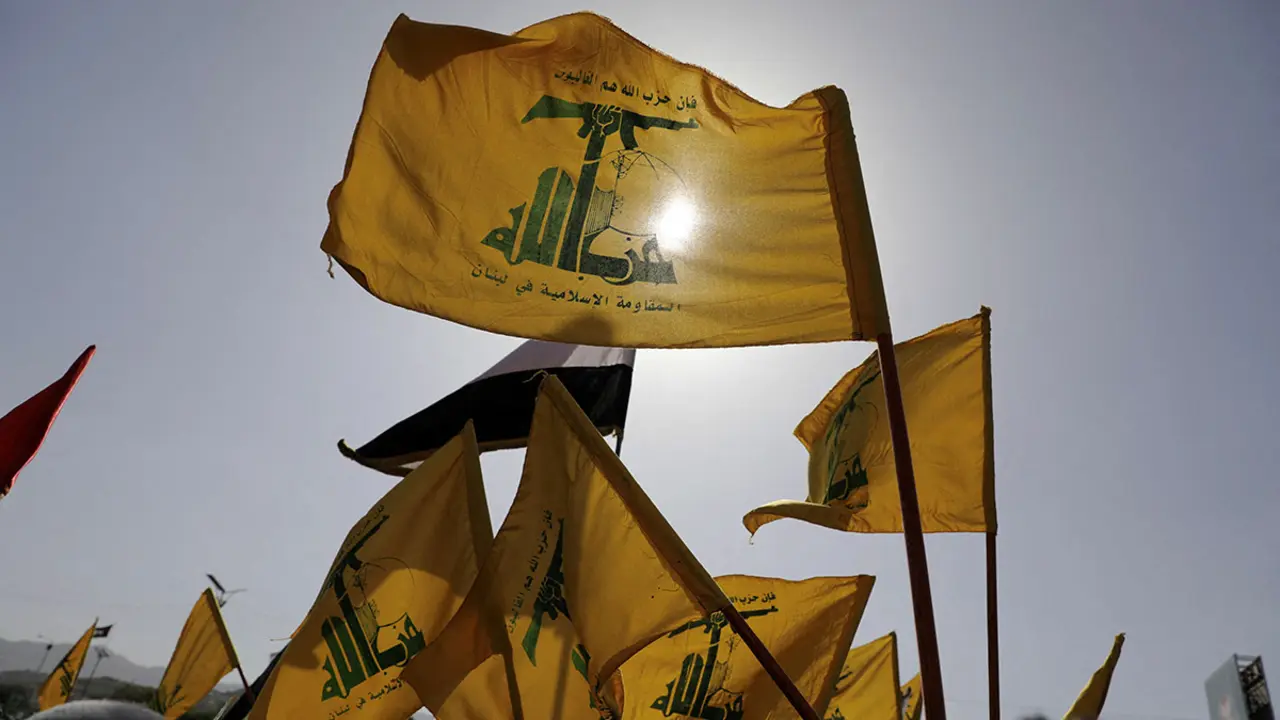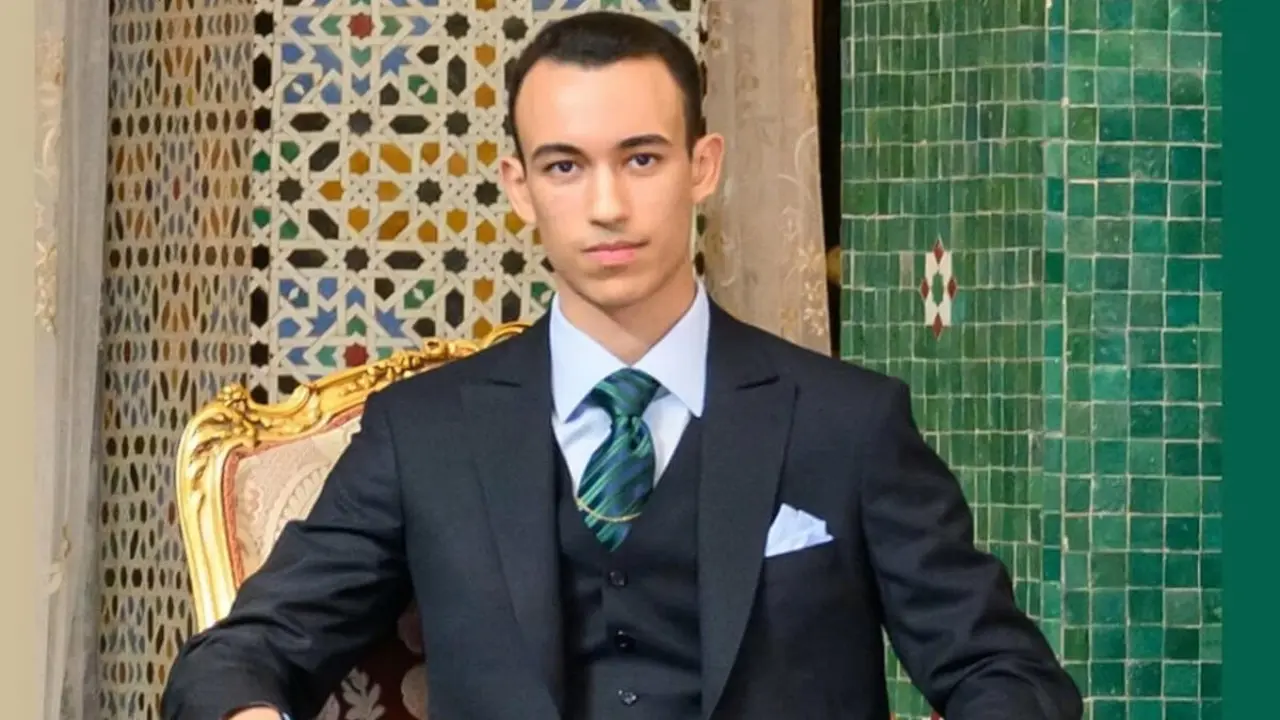The Muslim Brotherhood and the possible blockage of the Libyan process
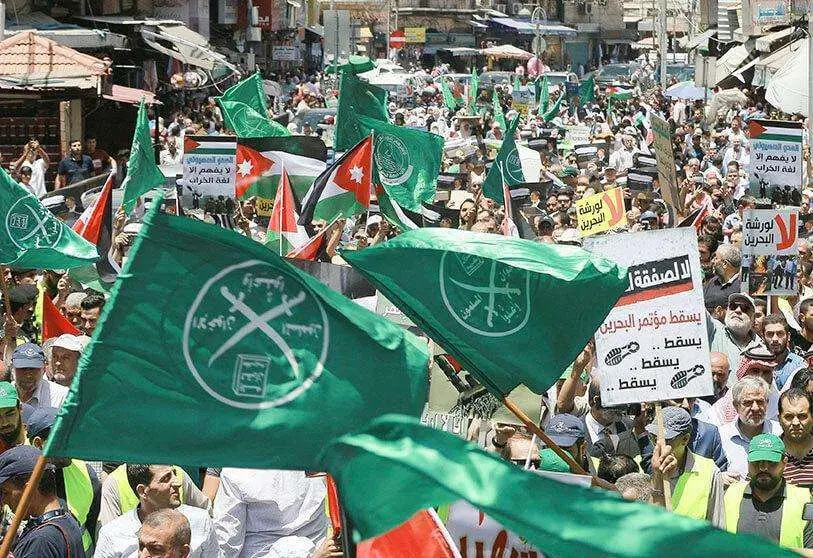
The democratic process in Libya continues to unfold in the run-up to the next elections scheduled for December. After the Libyan Political Dialogue Forum agreed to establish these elections in order to unblock the situation in the North African country and establish a consensual order in the governmental institutions, work continues along these lines under the auspices of the United Nations and the consensus of the different factions involved in the Libyan conflict.
But there are still shadows. According to information revealed by the media outlet Al-Arabiya, the Muslim Brotherhood could be one of the elements hindering the process.
Al-Arabiya has pointed out that there could be an alleged orchestrated plan to hinder the organisation of the parliamentary and presidential elections scheduled for the end of this year, and to extend the current transitional phase, led by certain parties that seek to hinder the process.
In the face of these possible actors who jeopardise the development of the planned process, the United States has already threatened to impose sanctions on those who impede the elections, as pointed out by the US representative to the United Nations, Linda Greenfield.
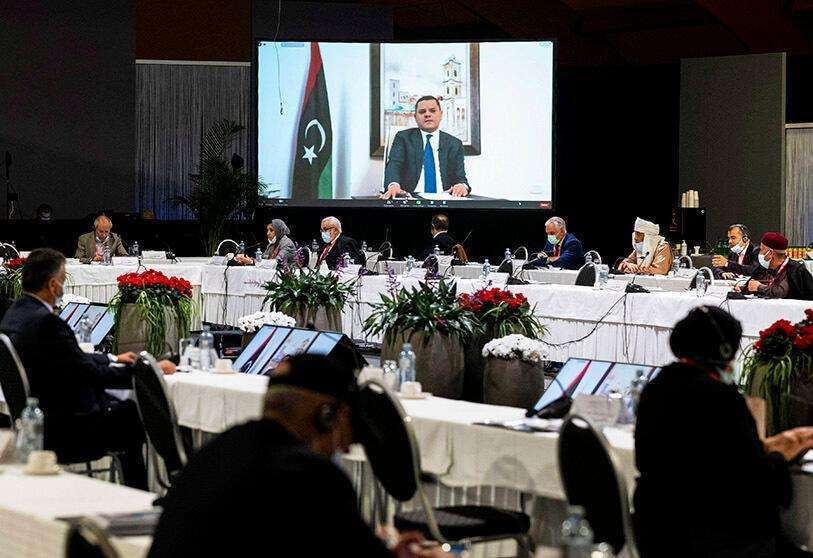
This scenario would include the Muslim Brotherhood, which, in view of the electoral provision approved by the Libyan Political Dialogue Forum for 24 December, the date for holding elections in Libya, could allegedly hinder the electoral process, according to political analyst Muhammad al-Raish.
In an interview with Al-Arabiya, al-Raish said that the Muslim Brotherhood is a major impediment to the upcoming elections. This is allegedly evidenced, he said, by recent moves to postpone the elections by raising points of contention over the constitutional basis for the process.
As reported in Al-Arabiya, the Muslim Brotherhood's initiative was reportedly based in principle on its calls for a mechanism to elect the president through parliament and the powers, rather than by the people, which could be a way of consolidating the permanence of its own powers in the political leadership of the North African country.
Al-Raish also noted that the Islamist Muslim Brotherhood organisation has reportedly approached the head of the High Elections Commission, Imad al-Sayeh, to remove him from his post, thus seriously affecting this body, which plays a key role in the electoral process.
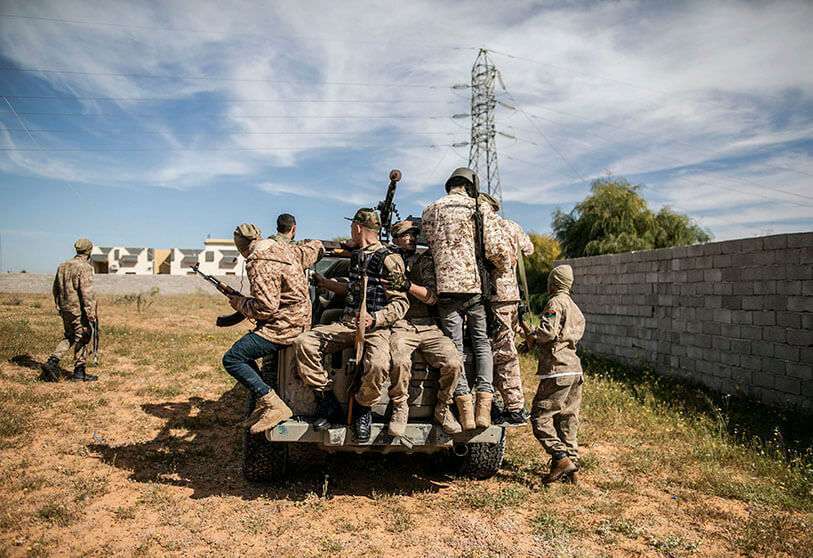
These manoeuvres could be explained by an alleged loss of support for the Muslim Brotherhood within Libya, a country that has been suffering a civil war since 2014 in which the factions represented by the Government of National Accord led by Fayez al-Sarraj and the Libyan National Army commanded by Marshal Khalifa Haftar and associated with the other Tobruk Executive based in the eastern sector have been at loggerheads.
Libya had already become a game board involving foreign powers with vested interests in the North African country, which has a major geostrategic interest in the Mediterranean arc and significant oil reserves. On the one hand, there were countries such as Turkey, Qatar and Italy, which supported al-Sarraj's side, and others such as Saudi Arabia, the United Arab Emirates, Egypt and Russia, which supported the side represented by Khalifa Haftar's forces, as various analysts have explained.
The presence of mercenaries on the ground, such as those allegedly sent by Turkey from the Syrian war and allegedly linked to jihadist organisations, was even denounced by several media outlets.
The war was tipped more in favour of the Libyan National Army, but the participation of Turkey, which partnered with Al-Sarraj following a pact at the end of 2019 that meant Turkish military support for the Government of National Accord faction and the sharing of exclusive economic zones in the Mediterranean, levelled the scales and pushed Haftar's forces back.
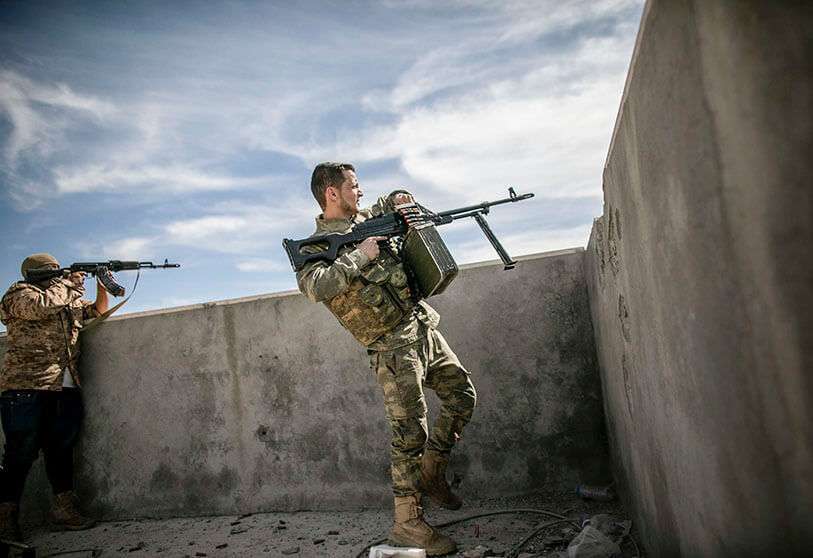
In this scenario, there was an urgent need to reach a political agreement to halt the hostilities, and the agreement was finally reached under the auspices of the United Nations, with the creation of a new government led by Prime Minister Abdul Hamid Dbeiba, who had the support of the opposing parties with a view to leading the democratic process and culminating in the elections next December.
Elections that could allegedly be obstructed by the Muslim Brotherhood, as reported by the media outlet Al-Arabiya. Indeed, the Muslim Brotherhood has been closely linked to Turkey, as several experts have pointed out, although the country presided over by Recep Tayyip Erdogan has welcomed the formation of the new Libyan transitional executive led by Dbeiba, a figure very close to Turkey, according to some media reports. A Brotherhood that, for its part, is considered a terrorist organisation by various countries such as the United States and Egypt.
Another relevant point is the presence of militias in Libyan territory, a problem that needs to be solved. From various points of view, it is considered essential to remove the militias present in Libya in order to put an end to the armed conflict that has been going on for seven years and thus help even more in the holding of elections with all the guarantees needed for a full democratic process in the North African country.

